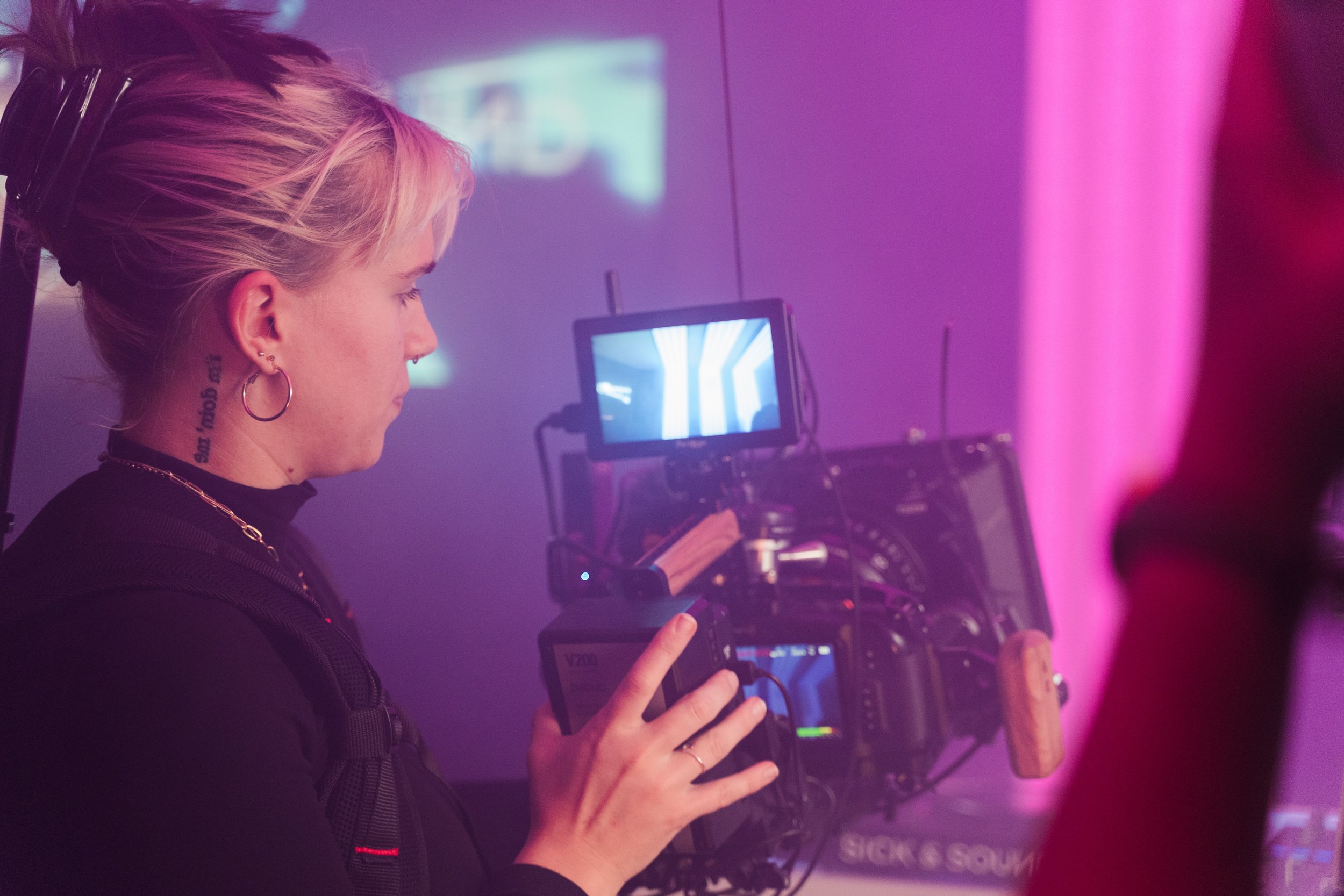When Filmmakers Encounter a Drug Possession Charge: The Role of a Legal Lifeline
When Filmmakers Encounter a Drug Possession Charge: The Role of a Legal Lifeline
by Nancy Fernandez
Hello film buffs and legal eagles alike! Today, we're diving into a topic that we often see played out on the silver screen, but this time, it's happening behind the camera. What happens if a filmmaker gets tangled up in a drug possession charge, and how might a lawyer come to their rescue? Let's hit 'play' and find out.
A Scene-Stealing Problem
The art of filmmaking can be as tumultuous as the plot twists in a thriller movie. Sometimes, life can throw a curveball that sends a filmmaker spiralling into a scene they didn't script: a drug possession charge. In many countries, these charges can have serious consequences, including hefty fines, a tarnished reputation, and even potential jail time.
The Plot Thickens: Legal Consequences
When a filmmaker is charged with drug possession, it can impact their personal life and career. They may face difficulty securing financial backing for their projects due to perceived unreliability or stigma. These charges can also hinder travel for international shoots, as some countries restrict entry for individuals with drug-related offences. The potential fallout can be as dramatic as a climactic scene in an award-winning drama, altering the trajectory of a filmmaker's career.
Casting the Right Support: Role of a Lawyer
Now, let's introduce a new character in our real-life drama - a seasoned lawyer. When a filmmaker is grappling with drug charges, a skilled lawyer becomes an essential cast member. They can guide the filmmaker through the intricate legal plot, helping to navigate the twists and turns of the law.You can click here for the legal assistance.
Dissecting the Evidence
One of the first things a lawyer will do is meticulously review the circumstances of the arrest and the evidence collected. Did the police follow protocol? Was the search legal? These are questions only a legal expert can answer. If they detect any procedural errors, they might be able to get the case dismissed or the charges reduced.
Negotiating a Plea Bargain
If the evidence is watertight, a lawyer might advise the filmmaker to negotiate a plea bargain. This strategy could result in a lesser charge or reduced sentence in exchange for a guilty plea. It's a delicate negotiation that requires an experienced legal hand.
Preparing a Strong Defence
If the case goes to trial, a lawyer will meticulously prepare a defence strategy, ensuring that the filmmaker's side of the story is convincingly presented. A courtroom can be as daunting as a film set for the first time, but with a lawyer directing the legal action, a filmmaker can focus on their role as a defendant.
Protecting Reputation
A lawyer can also help manage the public narrative. They can advise the filmmaker on how to interact with media inquiries and issue statements that mitigate reputational damage. In an industry where reputation can be everything, this support can be invaluable.
The Final Act: Learning and Moving Forward
Facing a drug possession charge is undoubtedly a significant plot twist in a filmmaker's life story. However, with the right lawyer and a strong support system, they can navigate this challenge and even use the experience to script a triumphant comeback. As they say in the film industry, "The show must go on!"
Remember, this blog post is not legal advice, but rather a scenario to understand the role of a lawyer when a filmmaker faces a drug possession charge. If you or someone you know is in a similar situation, it's important to consult with a qualified legal professional. And as always, let's advocate for healthy, safe lifestyles, no matter what your profession. Until next time, stay safe and keep rolling!

